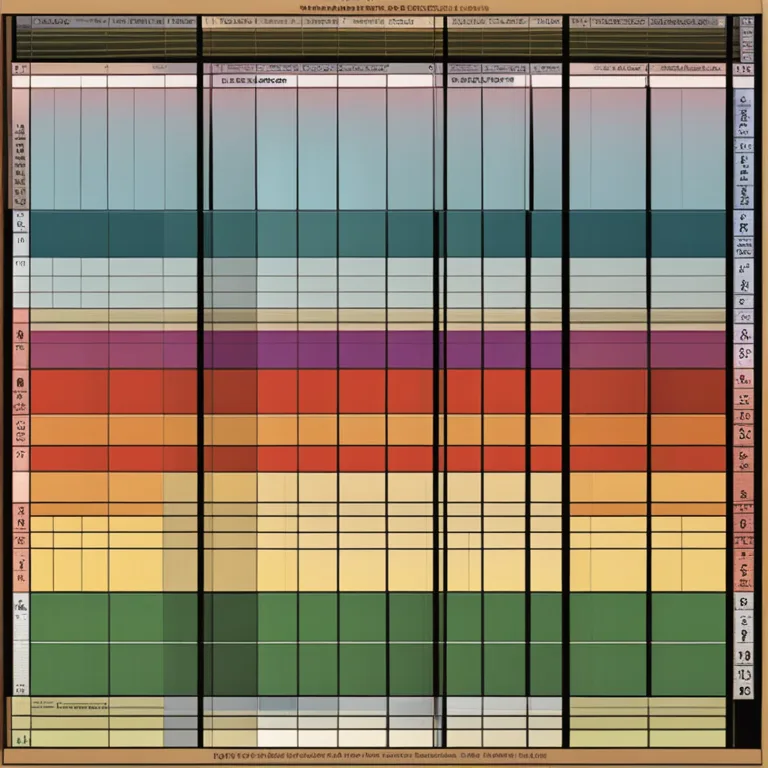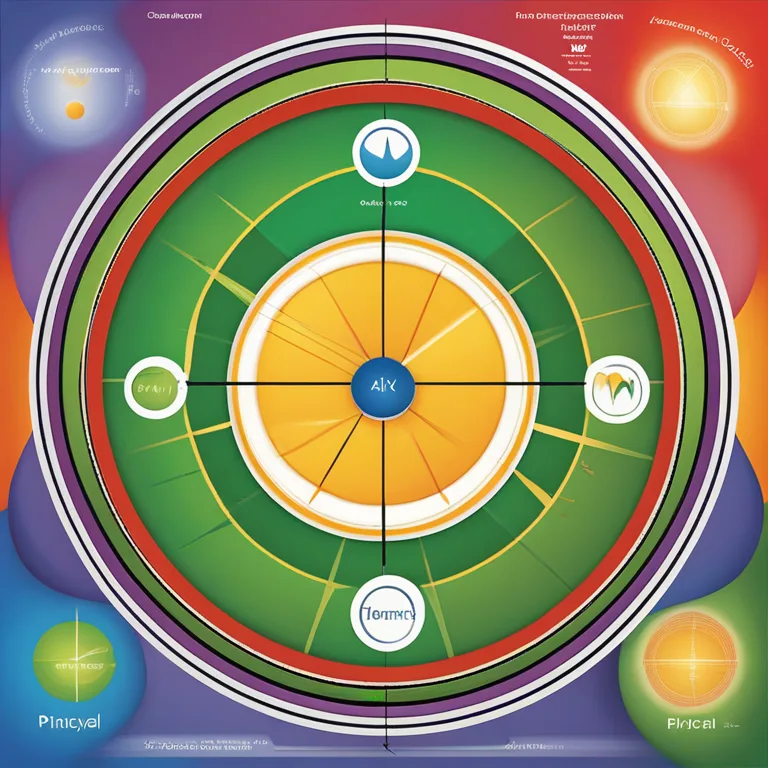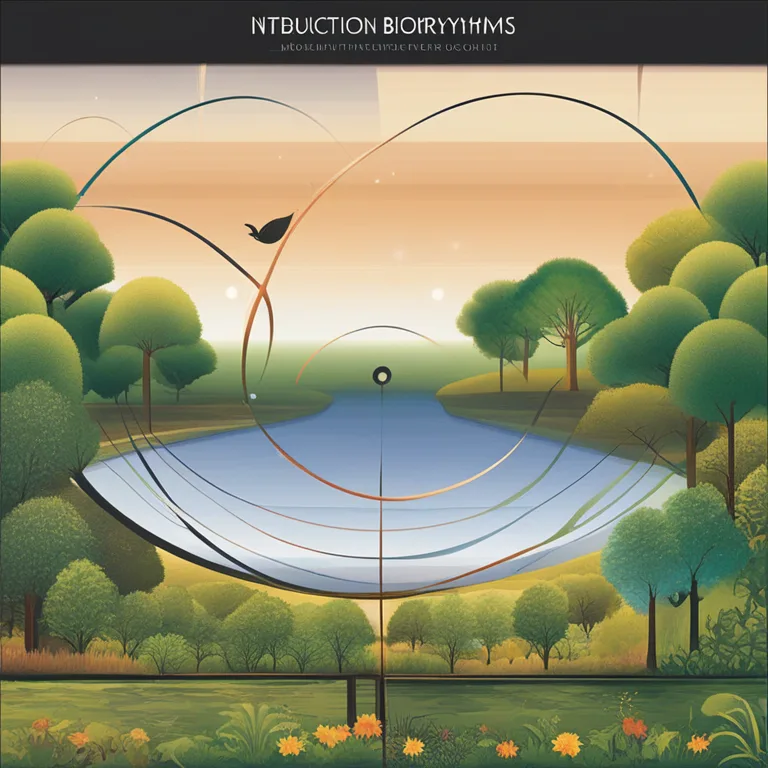
The Rhythms of Our Life: An Insight Into Biorhythms
Discover the fundamental concepts of biorhythm cycles and learn how they may influence your daily life, performance, and well-being.
article by Adrian Wallace
Introduction to Biorhythms
Biorhythms are an intriguing concept that proposes our lives are influenced by natural physiological cycles. These time-based patterns are thought to affect our physical, emotional, and intellectual capabilities. Since their popularization in the 20th century, enthusiasts and researchers have explored the potential impact of these cycles on human behavior and well-being. Although scientifically controversial, biorhythms continue to fascinate people looking to synchronize their activities with these perceived natural rhythms.

Origins and History
The concept of biorhythms dates back to the 19th century but gained prominence in the 1970s with a surge of interest in holistic and alternative wellness. Dr. Hermann Swoboda, a psychologist, and Dr. Wilhelm Fliess, a physician, are credited with pioneering the foundational theory. These professionals suggested that biological rhythms could predict shifts in a person's capabilities and offered a way to optimize life by tracking these cycles.

The Three Primary Cycles
There are three primary cycles in the study of biorhythms: the Physical (23 days), Emotional (28 days), and Intellectual (33 days) cycles. Advocates believe that the Physical cycle affects strength, coordination, and well-being. The Emotional cycle purportedly governs mood, creativity, and sensitivity, while the Intellectual cycle is said to influence analytical thinking, decision-making, and communication. By calculating these cycles, individuals aim to perform tasks when the corresponding biorhythms are at their peak.

Calculating and Using Your Biorhythms
Nowadays, calculating biorhythms has become a straightforward task thanks to online calculators and mobile applications. The starting point is one's birth date, from which the cycles begin. Although the scientific community remains skeptical of empirical evidence to substantiate biorhythms' predictive power, many people regularly consult their cycles for personal decision-making, from athletes planning training sessions to individuals seeking auspicious days for important events.

Critique and Current Perspectives
The validity of biorhythms is a subject of debate. Critics argue that a lack of robust scientific validation undermines its credibility. However, whether it is about drawing from cultural traditions or seeking alignment with nature's rhythms, biorhythms continue to be embraced by many as a form of personal insight. With a mindful approach, they can enhance self-reflection and awareness in the contemporary world.
Future Outlook
While future research may offer more clarity on the scientific standing of biorhythms, the concept continues to evolve with technological advancements. Personalized health trackers and biofeedback tools may one day provide more concrete data to support or refute the influence of biorhythms. In the meantime, whether seen as pseudoscience or a useful heuristic model, biorhythms will likely continue to be a subject of both curiosity and skepticism.
Published: 12/28/2023
Modified: 12/28/2023
More predictions
Come back here soon to learn more about yourself and your future


The Reality Of Biorhythm Compatibility
Unravel the truth behind biorhythm compatibility and its role in personal relationships and daily life.


Biorhythm Compatibility: Fact Or Myth?
Explore the concept of biorhythm compatibility to discover if there's a real connection between our biocycles and relationship harmony.


Biorhythm Wheel: Unlocking The Secrets
Explore the intriguing world of the biorhythm wheel to understand your physical, emotional, and intellectual cycles for enhanced well-being.